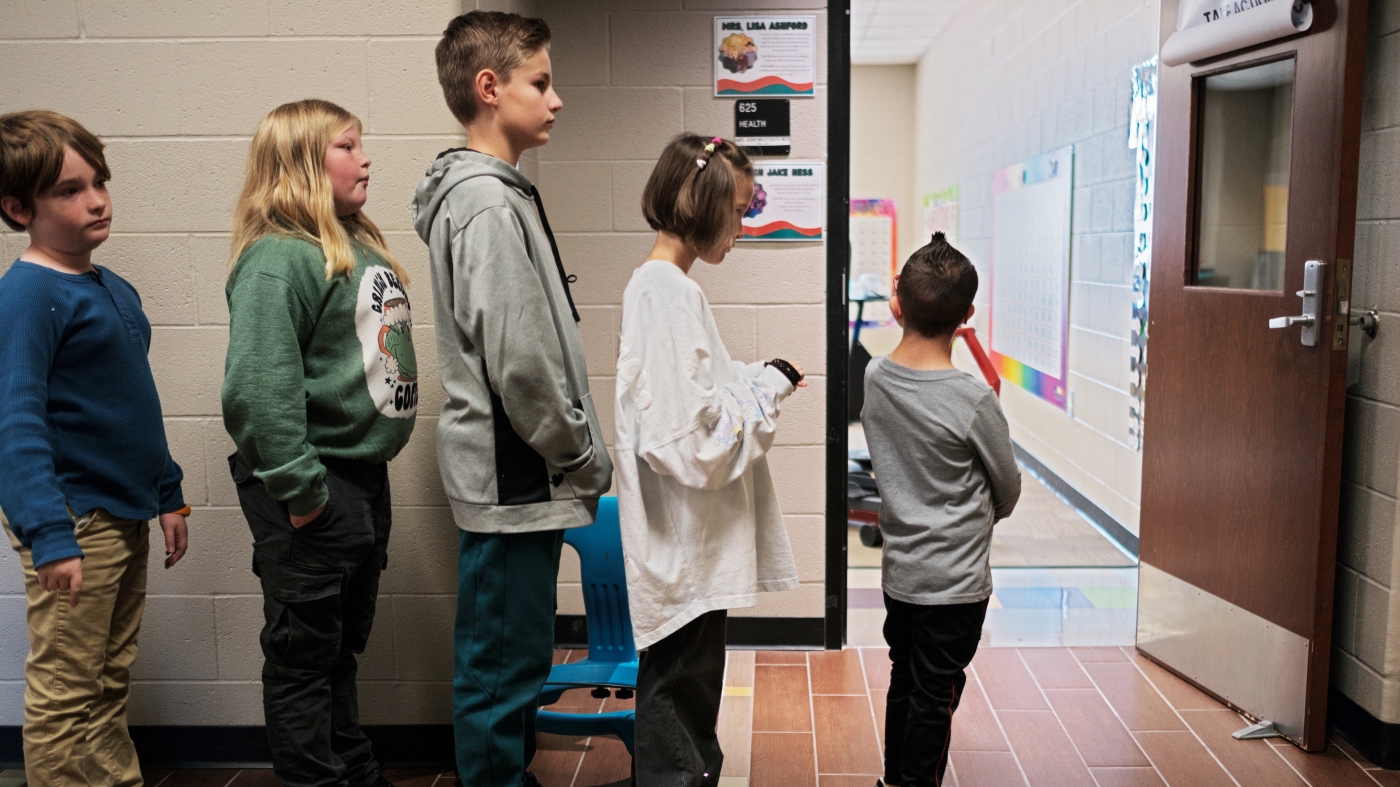Paul Fletcher, 59, initially laughed off a series of ‘weird’ memory lapses, like missing a turn while driving, earlier this year.
But this common act of forgetfulness turned out to be the only warning sign of the deadliest type of brain cancer that’s left him with 14 months to live.
Bizarrely, these episodes — which saw him miss turnings and misplace items — only lasted for a single day, in February of this year.
But within 24 hours Mr Fletcher, from Brimscombe, Gloucestershire, had suffered a terrifying seizure and collapsed in his kitchen.
Rushed to hospital, scans uncovered the father-of-two had a pair of tumours growing in his brain.
He was then given the devastating news he had a grade four glioblastoma, one of the deadliest and fastest growing forms of brain cancer.
Mr Fletcher, who owns a cleaning company, has since undergone surgery which saw medics attempt to cut away as much of the cancer as possible.
He is now set to undergo a combination of other treatments in a bid to prolong his life.
Paul Fletcher, 59, and his wife Jo, 51, initially laughed off a series of ‘weird’ events where missed a turn while driving earlier this year

But the real cause was glioblastoma, one of the deadliest and fastest growing forms of brain cancer
His wife, Jo, 51, recalled how her husband had a wave of uncharacteristic forgetfulness on February 6 that the pair simply ‘laughed off’.
‘He went for a job down the road and missed the turning,’ she said.
‘As he came back he missed another turning and thought “that’s a bit weird”.
‘He thought his briefcase had been stolen as it wasn’t where he’d put it, but he found it was still in his office.’
The nail and beauty salon owner added there were ‘no symptoms before that day’ — such as headaches and dizziness, which are the most common signs of a brain tumour.
The following day Mr Fletcher suddenly looked ‘vacant’ and collapsed in the kitchen, alerting the family that something was seriously wrong.
His son Jack, 21, immediately called for help as Mrs Fletcher rushed to his side.
‘There was blood coming out of his mouth,’ she recalled.

Mr Fletcher underwent a three-hour operation to remove as much cancer as possible on February 20
‘Jack was on the phone to 999. It happened so quickly.
‘It was really scary. All things go through your mind — a stroke, a heart attack.’
Mr Fletcher had three more seizures before being placed in an induced coma by attending paramedics who then took him to Southmead hospital, Bristol.
Medics originally suspected he had suffered a brain infection, before scans eventually revealed the cancer.
Mrs Fletcher said receiving the diagnosis was ‘horrendous’.
‘We were so shocked and horrified,’ she said.
‘When we heard it was terminal, it was an out of body experience.’
Mr Fletcher underwent a three-hour operation to remove as much cancer as possible on February 20.

Medics have told the family they were able to remove one of the tumours and were hopeful a combination of chemotherapy and radiotherapy. Pictured Paul and Jo with their two sons Jack and Harvey
Medics were able to remove one of the tumours and are hopeful a combination of chemotherapy and radiotherapy will kill the other one.
However, it is likely the disease will return.
Most glioblastoma patients only live between 12 and 18 months, according to the Brain Tumour Charity.
Just one in 20 patients survive five years after their diagnosis.
Mrs Fletcher said they were taking other steps to boost her husband’s health in bid to give him the best chance.
‘We’re doing the keto diet, we’re exercising,’ she said. ‘We go for daily walks, have good food, no sugar.’

Jo said ‘Paul is a very strong warrior’ and that the couple were preparing for ‘the biggest fight of our lives’

The cancer, which is diagnosed in around 3,000 Brits and 12,000 Americans a year, is still treated in the same way it was in the early 2000s. It killed the Labour politician Dame Tessa Jowell in 2018

The Wanted singer Tom Parker (pictured with his wife Kelsey Parker in October 2021) died in March 2022 following an 18-month battle with stage four glioblastoma. He said after his diagnosis that he was ‘shocked’ at the limited treatment options for GBM and ‘massive improvements’ were needed
She added that the couple are battling ‘the biggest fight of our lives’, but her husband is a ‘very strong warrior’.
The couple are also fundraising for Brain Tumour Charity to help fund crucial research to find a cure for the disease.
About 3,000 patients in Britain and 12,000 in America are diagnosed with glioblastoma each year.
The disease famously killed the Labour politician Dame Tessa Jowell in 2018.
And in March 2022, The Wanted singer Tom Parker died following an 18-month battle with the cancer.
Symptoms often include headaches, seizures, nausea and vomiting, as well as drowsiness.
Memory loss, difficulty with speech, changes in vision and even personality changes are other common signs of the tumour, according to the NHS.







